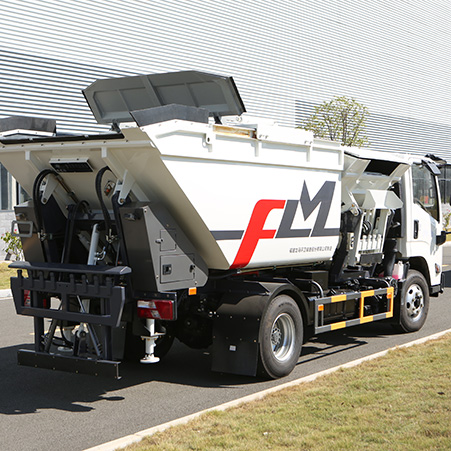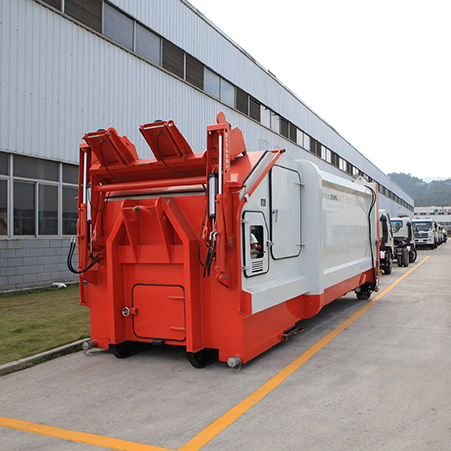Waste management might not be the most exciting topic on everyone’s mind, but it’s essential for maintaining the health and cleanliness of our communities. Imagine a world where trash isn’t collected regularly—streets would overflow with garbage, the air would be filled with unpleasant odors, and the risk of diseases would increase dramatically. Thankfully, dumpster trucks are on the front lines every day, ensuring our waste is managed efficiently and our environment stays clean.
The Role of Dumpster Trucks in Waste Management
Dumpster trucks are heavy-duty vehicles designed to collect, transport, and dispose of large quantities of waste from various sources, including residential, commercial, and industrial areas. They come in different types, each tailored to specific waste management needs. Front loaders, rear loaders, and roll-off trucks are some of the common types of dumpster trucks, each playing a crucial role in the efficient handling of waste.
Front loaders are often used for commercial and industrial waste collection. They lift and empty large dumpsters using forks at the front of the truck. Rear loaders are more versatile, used for residential as well as commercial waste collection, with mechanisms at the back of the truck for loading and compacting waste. Roll-off trucks are typically used for large-scale waste removal, such as construction debris, and they transport large containers that can be rolled on and off the truck bed.

Daily Operations of Dumpster Trucks
A day in the life of a dumpster truck is a symphony of coordination and efficiency. Early in the morning, dumpster truck operators begin their routes, following carefully planned schedules that optimize time and fuel usage. These routes are often designed using advanced software that takes into account factors like traffic patterns and waste generation rates.
Dumpster trucks make their rounds through neighborhoods, commercial districts, and industrial zones, collecting waste from designated dumpsters. The process involves lifting and emptying dumpsters into the truck’s hopper, where the waste is compacted to maximize the truck’s capacity. This efficient loading and compacting system allows the trucks to collect large amounts of waste before needing to head to disposal facilities.
Collection and Transportation
The collection and transportation of waste are critical components of the waste management process. Dumpster trucks are equipped with robust mechanisms to handle various types of waste, from household trash to bulky industrial debris. The collection process involves strategically placing dumpsters in convenient locations, ensuring easy access for both users and the trucks that collect the waste.
Once the waste is collected, it’s compacted to reduce its volume. This not only allows the truck to carry more waste but also minimizes the space the waste takes up in landfills. The compacted waste is then transported to disposal facilities, such as landfills, recycling centers, or waste-to-energy plants. The entire process is designed to be as efficient and environmentally friendly as possible.

Handling Hazardous and Special Waste
Not all waste is created equal, and some types require special handling due to their potential danger to the environment and public health. Hazardous waste, such as chemicals, medical waste, and other dangerous materials, requires specialized dumpster trucks equipped with safety features to prevent leaks, spills, and contamination during transportation.
These specialized trucks follow strict protocols to ensure the safe collection, transport, and disposal of hazardous waste. Proper handling of hazardous waste is crucial to preventing environmental disasters and protecting public health. By using the right equipment and following rigorous safety standards, dumpster trucks play a vital role in managing hazardous waste responsibly.

Conclusion
As we continue to innovate and improve waste management practices, the role of dumpster trucks will only become more important. By adopting greener technologies and more efficient systems, we can further reduce their environmental footprint and enhance their effectiveness. So, the next time you see a dumpster truck on your street, take a moment to appreciate the critical work it does to battle waste every day and keep our environment safe.






